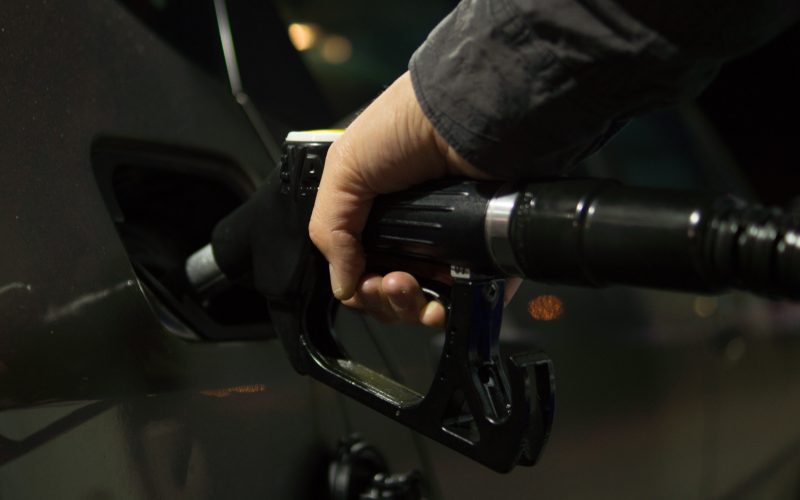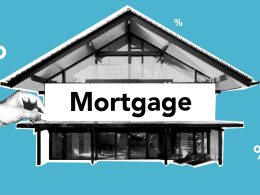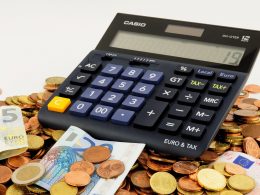- Prices continued to rise in December, with CPI up 0.4% in the month, however annualised inflation slowed to 10.5% from 10.7% in November
- The slowing rate of annual inflation reflects a continued fall in the price of motor fuels, clothing and recreation, partially offset by higher food and drink prices
- Inflation remains particularly high in the hospitality industry, running at 11.4% year-on-year and the highest level since 1991
Nicholas Hyett, Investment Analyst, Wealth Club
“Inflation continued to slow in December, and now looks to have peaked in October last year.
Lower fuel prices have been a major contributor to the slowdown, and with oil prices now back around where they were before the Russian invasion of Ukraine, there’s likely to be further to fall on that front. As a crucial input into other areas of the economy, lower oil and fuel prices should ultimately ease pricing pressure across the board – although it will take time for the benefit to feed through to people’s purses.
For now, the cost of living crisis is set to continue. 10.5% inflation may be better than we’ve seen recently but is still eye-watering by most standards. A winter of strikes ahead yet see ‘stickier’ wage driven inflation gathering pace too.
Still, the government and Bank of England will be encouraged by these numbers. If inflation is trending down naturally then interest rates may not need to go so high, which will at least keep debt more digestible for consumers, companies and countries around the world.”









